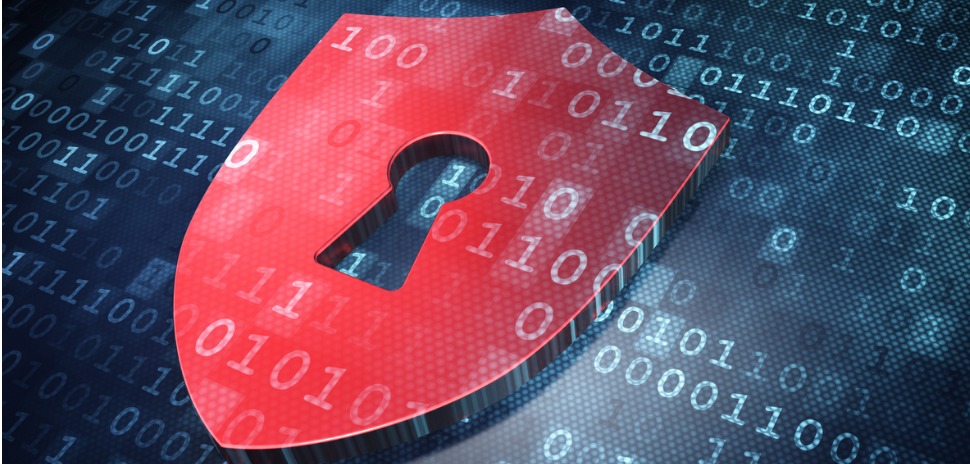Southern Methodist University is accepting applications for its new online master’s degree in cybersecurity, a 20-month interactive program that will launch with its first cohort in 2020.
Presented by SMU Professional and the Lyle School of Engineering, the classes will be taught by faculty members from the Lyle School’s Computer Science Department in the same school that is home to the Darwin Deason Institute for Cybersecurity.
SMU said the program will offer 10 courses for 30 credit hours and can be completed in less that two years. Cohorts will be accepted three times per year.
“Cybersecurity is a rapidly growing career choice with tremendous opportunities for employment and positive impact,” Larenda Mielke, associate provost for SMU Global and Online, said in a statement. “Sixty-five percent of organizations report a demand for skilled cybersecurity professionals according to the ICS2 2018 Cybersecurity Workforce Study.”
Cybersecurity jobs can offer high salaries
Mielke said that statistics show the national average salary for a cybersecurity engineer is $117,000.
“An SMU master’s degree in cybersecurity offers new career opportunities with training from top SMU experts, along with the convenience of an online program,” Mielke said.
Frederick R. Chang, chair of the Computer Science Department and executive director of the Deason Center, as well as former director of research for the U.S. National Security Agency, said there is a demand for cybersecurity experts.
“One of the reasons why cyber intrusions are so prevalent today is that there is a lack of trained, qualified personnel to defend the nation’s cyber assets,” Chang said in recent testimony before the U.S. Congress. “In a survey of North American Information Technology and IT security professionals, 35 percent reported that there is a shortage of IT security professionals at most every level.”
Chang said students could have a long-term impact on the future of cybersecurity.
“The challenge to make cyberspace more secure is a long-term, enduring problem,” he said. “Today’s students will be responsible for designing, creating, operating, maintaining and defending tomorrow’s cyber infrastructure.”
The new master’s degree in cybersecurity is just one of the new offerings of the SMU Professional and Online Program. Various certificates, degrees, and courses will be available to further education post-grad, which we reported about in our education roundup last week.
![]()
Get on the list.
Dallas Innovates, every day.
Sign up to keep your eye on what’s new and next in Dallas-Fort Worth, every day.


































































